How to Win the Mega Millions Jackpot: Expert Advice from a Harvard Scientist
The odds of winning the billion-dollar prize are low, but you can improve them by following a few suggestions.
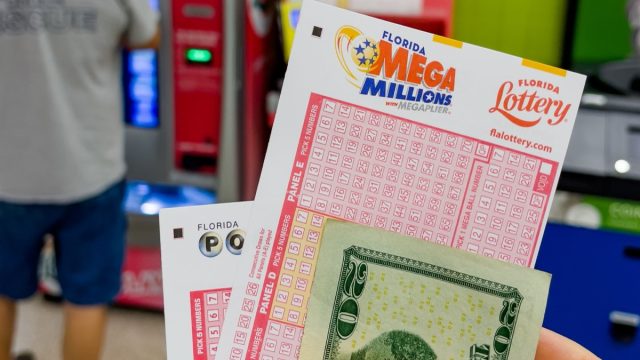
Mega Millions mania continues this week, with the lottery price reaching an estimated $1.55 billion — the largest in the game’s history. Unfortunately, the odds of winning the massive cash pot are extremely low, around one in 302.5 million. However, you don’t have to choose numbers blindly and rely on pure luck. According to Mark Glickman, a senior lecturer of statistics at Harvard University, there are things you can do to improve your odds of winning and becoming a billionaire overnight.
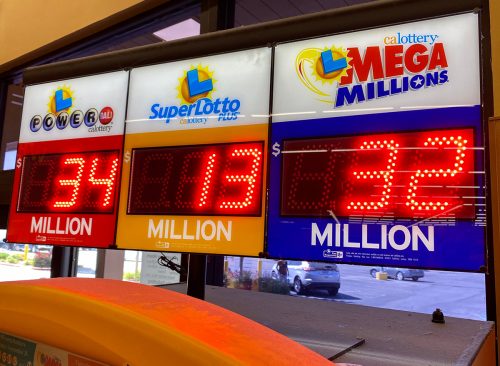
“The best you can really do is just play lots and lots of times and that’s the only way you’re going to be able to increase your probability,” Glickman told CBS News.
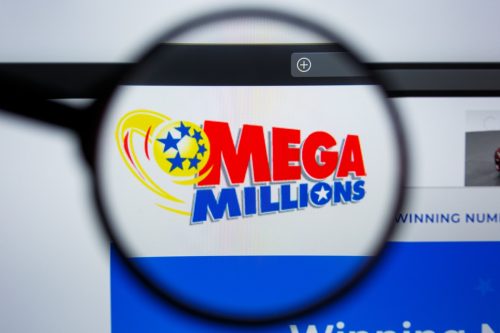
He also revealed that your odds are better by picking totally random numbers. He explains that the more unique your numbers are, the less of a chance you are picking the same as anyone else. So if you win, you won’t have to split the money with anyone.
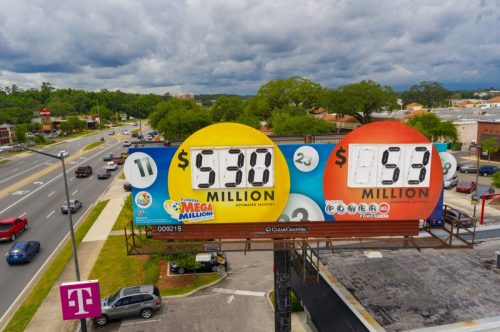
“You should just completely have patternless random numbers,” he said. “No birthdays that have special meaning to you because other people are likely to make those same picks.”
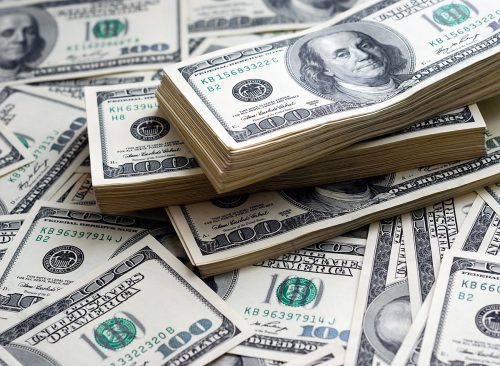
Keep in mind that the higher the lottery jackpot gets, the more people are buying tickets. This continues decreasing your odds of winning every time the pot increase.

Earlier this year, College of the Holy Cross economics professor Victor Matheson said that Americans are 15 times more likely to buy a ticket when the winnings inch toward $1 billion compared to when the prize winnings are just $20 million.

Experts stress that because the odds of winning are so low, you shouldn’t go overboard buying tickets. They maintain you should be mindful of what you can afford, and consider investing your money in other more reliable ways.

Buy your tickets ASAP! The next drawing is set for Tuesday at 11 p.m. Eastern time. If there is a winner, they will be able to choose from a series of annuity payments across 30 years or a one-time cash option of approximately $757.2 million.














